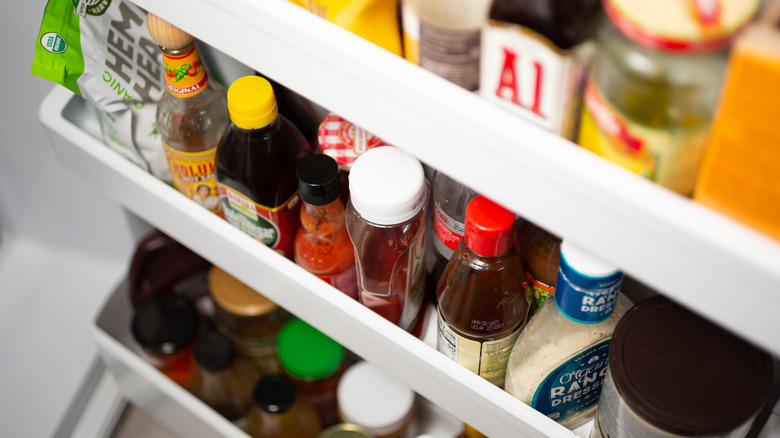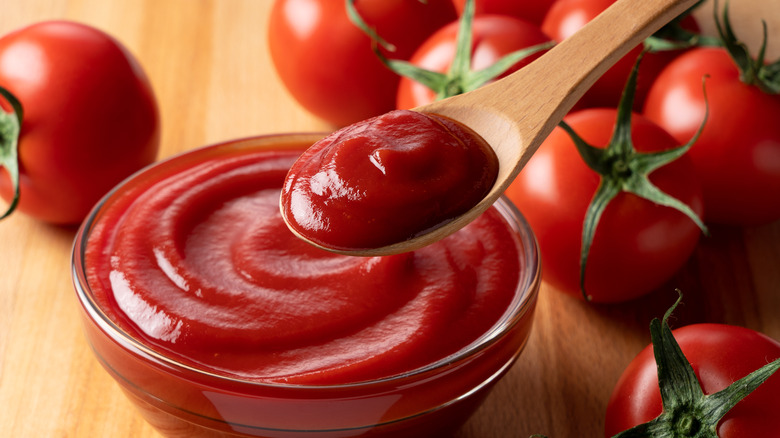Storing condiments is a little bit trickier than you may think.
Ask two different peoplehow to store ketchupor mustard, and you’ll get two different answers.
At the end of the day, it all comes down to the fridge versus pantry debate.

Some products, such ashot sauce, can be stored in or out of the fridge.
Others, however, must be refrigerated after opening.
Your best bet is to follow the instructions on the label.

Note thathomemade mayoand sauces tend to spoil faster than their store-bought counterparts.
For this reason, it’s best to keep them in the refrigerator.
Many times, food goes to waste simply because it was improperly stored.
Condiments are no exception.
But which ones should you store in the pantry or cupboard and which ones should go in the fridge?
Let’s find out.
What’s the best place to store condiments?
Some condiments are shelf-stable until opening, after which you must refrigerate them (via theState of Michigan).
The same goes for salad dressing.
Store the remaining bottles in your pantry.
With a few exceptions, most condiments containing dairy, eggs, or fresh vegetables should be refrigerated.
Soy sauce, for example, is high in sodium, which acts as a preservative.
Use your common sense, too.
However, if you only use this product occasionally, it makes sense to refrigerate it.
As far asolive oilgoes, Feingold recommends storing it in a cool, dark place.